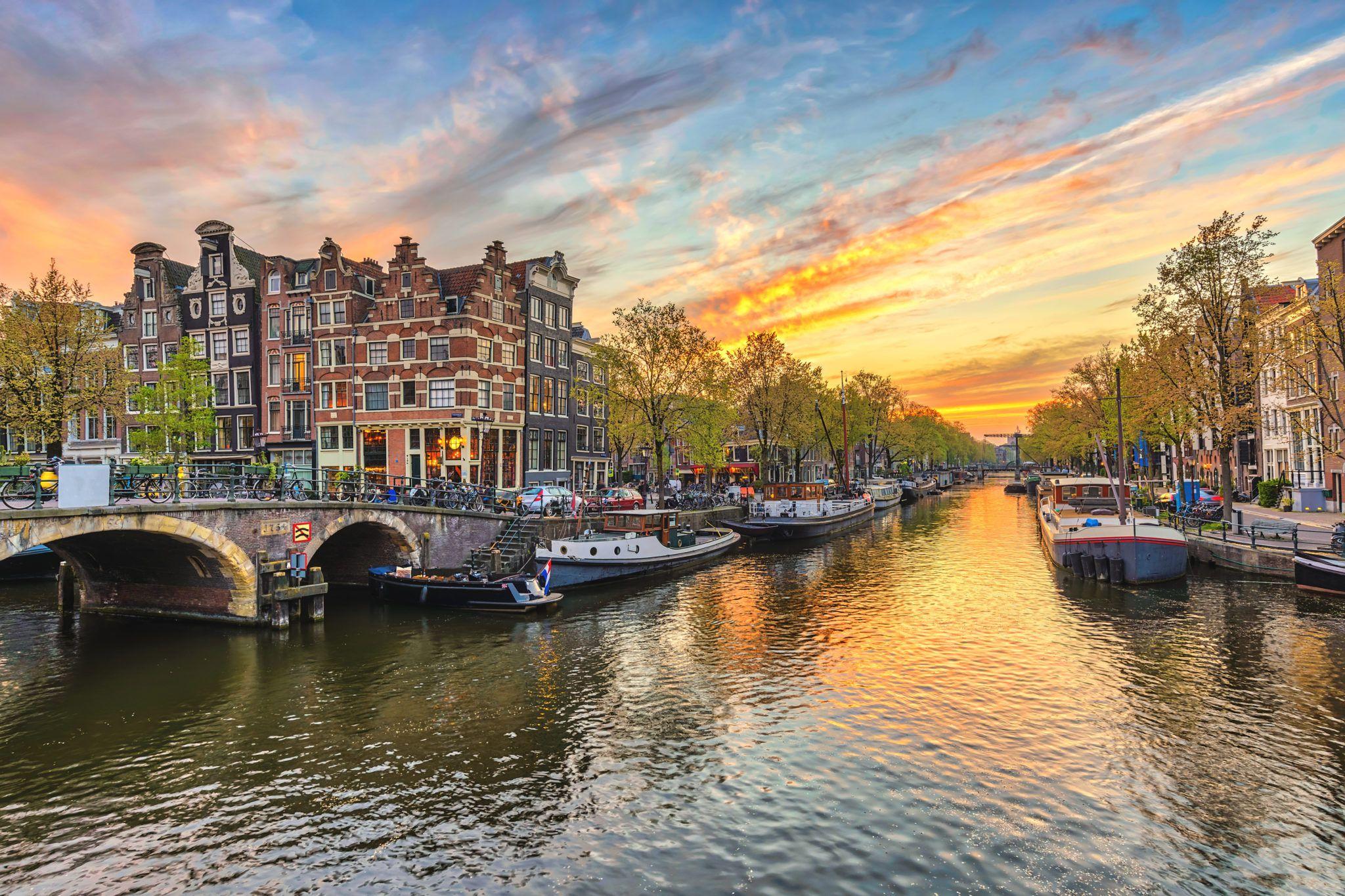The word “Brazil” alone conjures up visions of magnificent beaches, the aroma of mouthwatering food, brilliant, bright colours, and energetic parades. Brazil does admirably on these fronts. The globe has been captivated by Brazil’s big cities, Rio de Janeiro, Sao Paulo, Brasilia, and Curitiba.
Brazil is a bright, active country that is full of adventure, culture, good food, and drink. Everything you need is nearby and only has to be discovered. Additionally, there is a lot of room for exploring. Brazil is a sizable nation. In actuality, it ranks fifth in terms of size globally. Almost all of South America is occupied by Brazil.
Education in Brazil
Brazil has plenty to offer if you’re seeking adventure, a quality education, or the potential to start a career somewhere else as a study abroad location.
Brazil has three types of undergraduate degrees:
● Bachelor’s – a three to six-year undergraduate programme leading to a degree in a certain field.
● Licentiate -You can become a teacher as a result of this. Three to four years are needed to finish it.
● Associate – Courses last for two to three years and provide students with a thorough education in a chosen field (for example; human resources management).
This partitioning continues at the postgraduate level. There are two types of postgraduate degrees:
● Lato Sensu – This degree is intended for students who want a postgraduate degree in a particular field but don’t want to pursue a PhD.
● Stricto Sensu – Getting a good grade on this degree can lead to a PhD.
Both types of degrees can be earned in one or two years.
Brazilian PhD programs typically take three to four years to complete. It may take you up to six years to complete one if you decide to do it while working.
However, despite Brazil’s expanding image as a leader in higher education, some university degrees might not be accepted outside the country. check before submitting. Nevertheless, the standard of instruction at elite Brazilian universities meets the Bologna Process standards and is on par with that of European institutions.
The method of study is similar to that in most other nations. Lectures, readings, and individual studies are all included. You’ll also spend time in a lab or workshop if your course of study is more hands-on.
Source: Forbes
Study in Brazil: Student Visas and Permits
You will require a visa if you wish to further your studies in Brazil. With the exception of Guyana and Suriname, citizens of other South American nations can visit Brazil with just a national ID card and avoid much of the visa application process. The majority of foreign students in Brazil, however, come from outside of South America; hence, this section will concentrate on basic visa requirements.
You do not require a visa if you will be in Brazil for fewer than 90 days, such as to study Portuguese. You can just come in as a tourist.
If you’re planning to stay for longer, you’ll need the following documents:
● Your passport
● Two passport-sized photos
● Proof of enrolment
● Proof of residency if you’re applying from a country that’s not your home country
● Receipt for the $180 visa fee which must be paid as the application is made
● A police certificate issued by the force in your country of residence
Each of these documents must be processed in person at the Brazilian embassy, consulate, or visa facility that is the closest to you. You can apply to have your status in Brazil changed if you are already there. You must still submit the aforementioned papers. Utilize this application, then go to the immigration office that is closest to you to submit it. Applications submitted in-country cost 204 BRL ($40 USD).
Student visas are good for the entirety of your studies once they have been granted. Additionally, there are several entries, enabling you to enter and leave the nation for travel or to see family.
You must have enough money to support your projected stay in Brazil because you cannot work there while you are on any type of study visa.
Source: Adler martins
Study in Brazil: Tuition Fees & Scholarships
Brazilian schools are free to decide how much students must pay. As a result, they can vary greatly. Program costs typically range from $2000 to $10,000 USD per academic year. This is typically due in February, just before the new academic year begins. Despite the fact that tuition should be paid in real money, several colleges do accept US dollars.
Regardless of the level of study, tuition costs often range from $2,000 to $10,000 USD. Recall that you must change your study visa into a work permit if you wish to work part-time while pursuing a PhD. While still in Brazil, this is possible.
International students have more scholarship opportunities as Brazil’s reputation for quality higher education grows. Your eligibility for scholarships is determined by your level of study, your chosen field, your nationality, and whether you’ll be studying in Portuguese or English.
The exchange program run by the Brazilian government is one of the more well-known scholarships. It provides academically talented students from underdeveloped nations and conflict zones a free pass. Each August, applications are accepted. The government does not regularly update its website; instead, a brand-new one is released every year. To start putting together your application, you’ll need to start looking for the program around July.
Source: My business Brazil
In contrast, the Organization of American States offers the PAEC OAS-GCUB Scholarship each year to Masters and PhD candidates who wish to attend particular top Brazilian universities. However, you must be a citizen of a nation that belongs to the Organization of American States.
These are just two of the multitude of scholarships that are available to international students who are looking to study in Brazil.
Study in Brazil: Application Process
The official application portal for Brazil is known as SISU. You must register on the SISU website as soon as possible. You will then receive an ENEM registration number after completing this. This number enables you to trace your application and that of the schools to which you are applying.
Schools will only glance at your application to see whether or not you meet the requirements for your chosen course(s). To prove that you are qualified, you’ll need to submit the following documents:
● A copy of the ID page of your passport to prove your nationality and identity
● Academic transcripts
● A letter of motivation
● One or two letters of recommendation
● Celpe-Bras test results
You must pass the Celpe-Bras proficiency test if Portuguese isn’t your first language and you want to study it. It functions similarly to the English TOEFL. It is available in April and October twice a year.
Brazil and other countries around the world both have testing facilities. If you are of Brazilian heritage but do not have citizenship, you will probably also be required to take this test.
Brazil doesn’t use a common grading scheme for schools. Expect everything, from letters to percentages (like in the UK) (like in American high schools).
Once you’ve been admitted to a program, you can begin preparing for your journey to Brazil.




